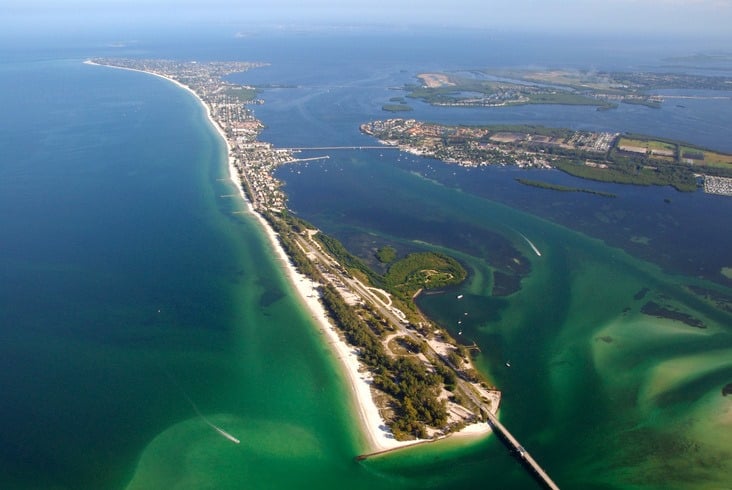My wife and I were fortunate to have the most wonderful dog in the world for eleven years. Winston was a joy to be around. He seemed to love everyone and had a very easy-going personality. I guess I’m a bit prejudiced, but he was the best. We were willing to see that he had all that he needed and often a bit more. However, as great as he was, Winston was still a dog, and we did not forget that. Our children, family, friends and neighbors still came first. I would never compare any of them to dogs.
It is always a surprise to me to hear Jesus talking to the gentile women in this Sunday’s gospel and implying that her child is a dog. I’m sure that I would be offended if even Jesus said that to me. I would at best walk away. However, the woman in the gospel is a mother, and her child is in need. She will endure any mistreatment if it cures her child. Jesus responds to her. I can’t help but think that he responds to her love for her child in need. Jesus heals the child because her mother requests it. Isn’t it time we ask Jesus to heal (or help) our loved ones?
Thanks be to God.
Pastor Bill

